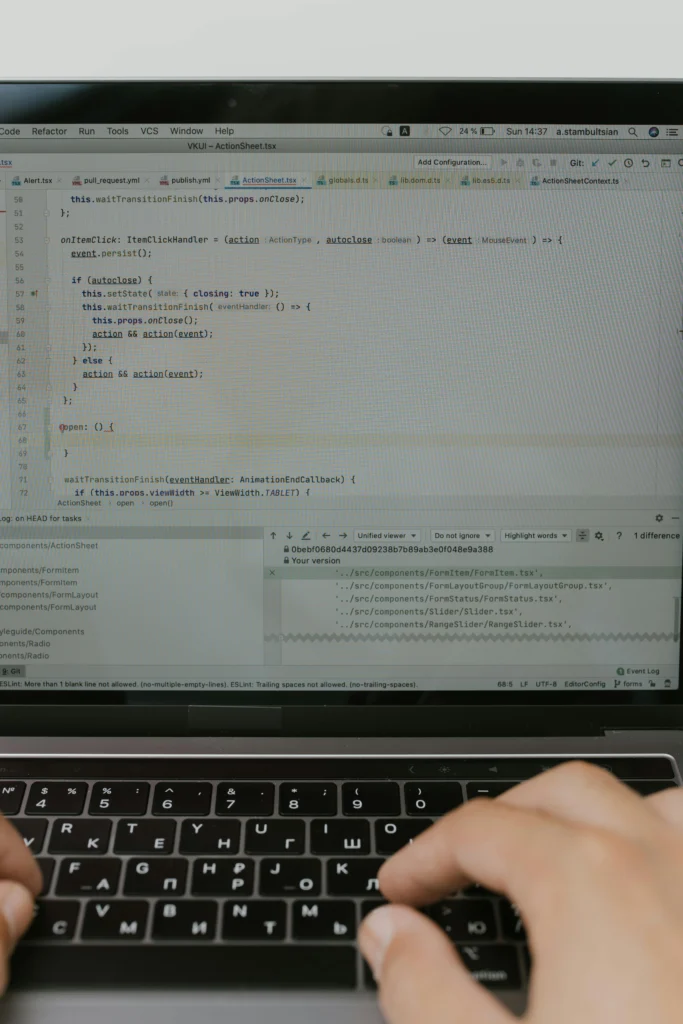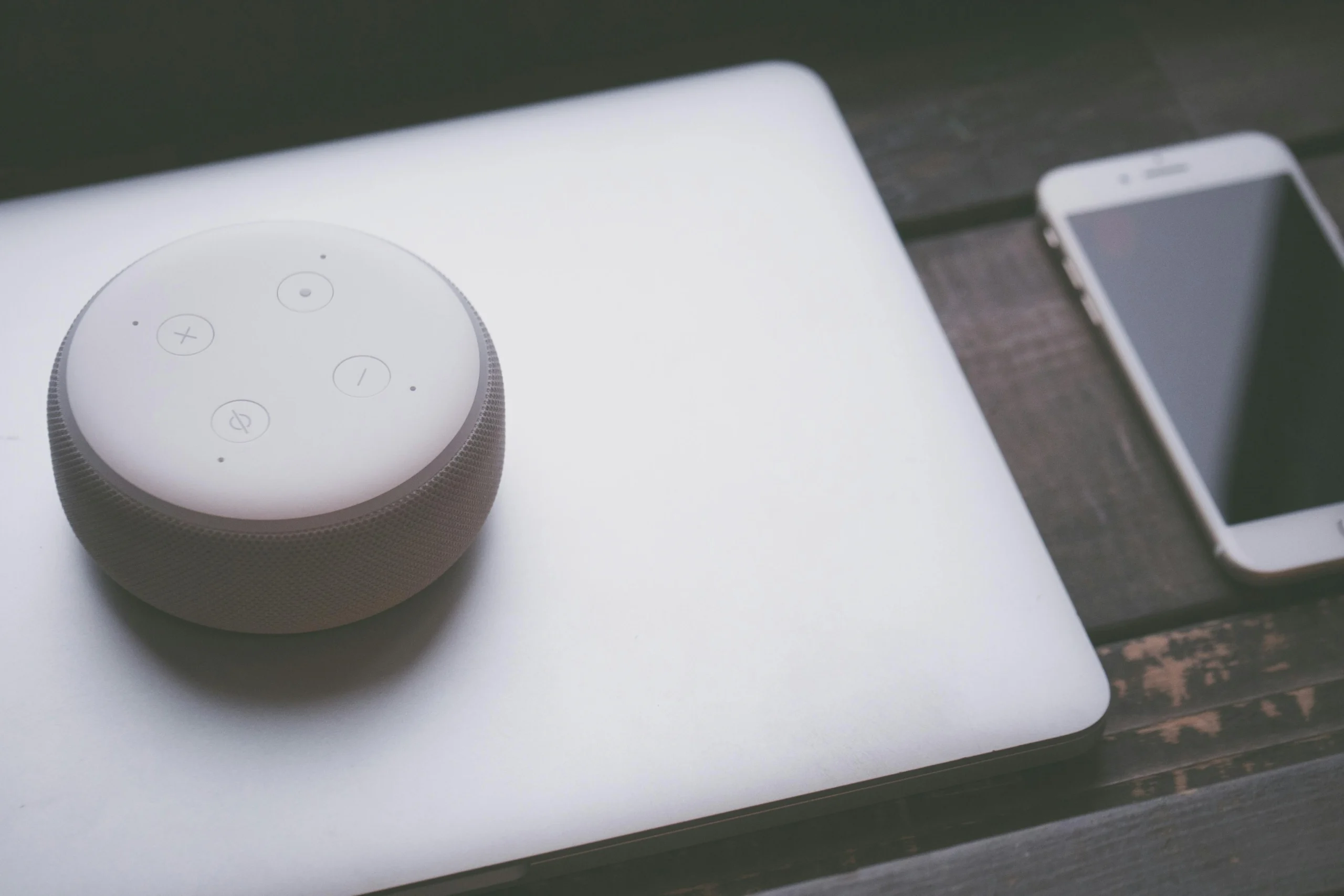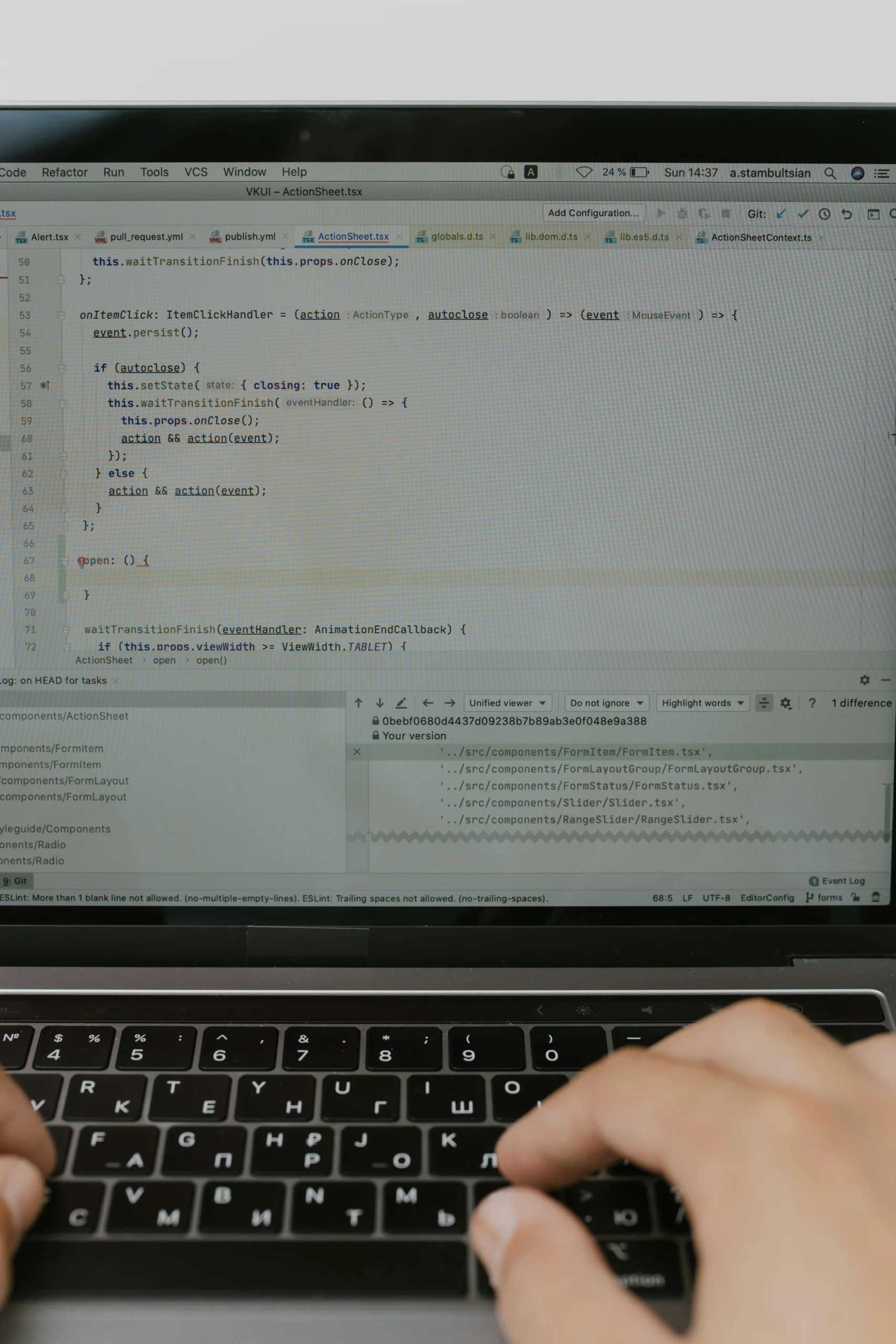OpenAI recently introduced Sora, a new TikTok-style app delivering continuous, short AI-generated videos featuring deepfakes and copyrighted content. Users can create ‘cameos’—avatars mimicking their appearance and voice—and insert others’ cameos based on permissions. Despite criticism labeling it as superficial AI content, Sora quickly topped Apple’s US App Store charts, revealing user interest in AI-driven entertainment.
This app presents operational challenges, including the high energy requirements for video generation compared to text or image AI, raising concerns about carbon emissions and sustainability. OpenAI acknowledges these costs and is exploring monetization methods like ads and in-app purchases to sustain the platform financially.
Legal and ethical risks center on the extensive use of copyrighted and trademarked materials, as well as the creation of deepfakes of deceased celebrities. OpenAI sent notices requiring rights holders to opt out to prevent unauthorized use, a controversial approach likely to trigger lawsuits. Additionally, controlling the misuse of user-created cameos remains a challenge, with precautionary measures recently introduced but effectiveness uncertain. Overall, Sora serves as a test of AI’s capacity to create addictive synthetic content and society’s readiness to balance innovation with rights and risks.
👉 Pročitaj original: MIT Technology Review








